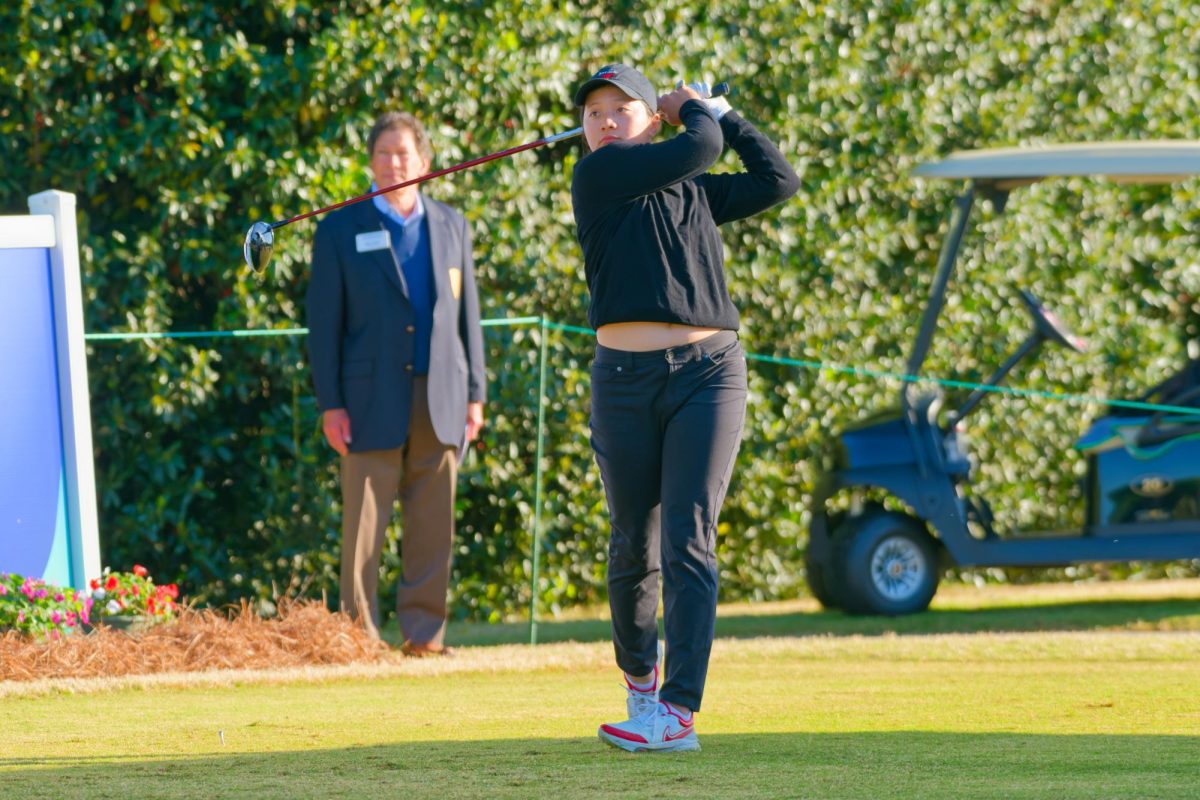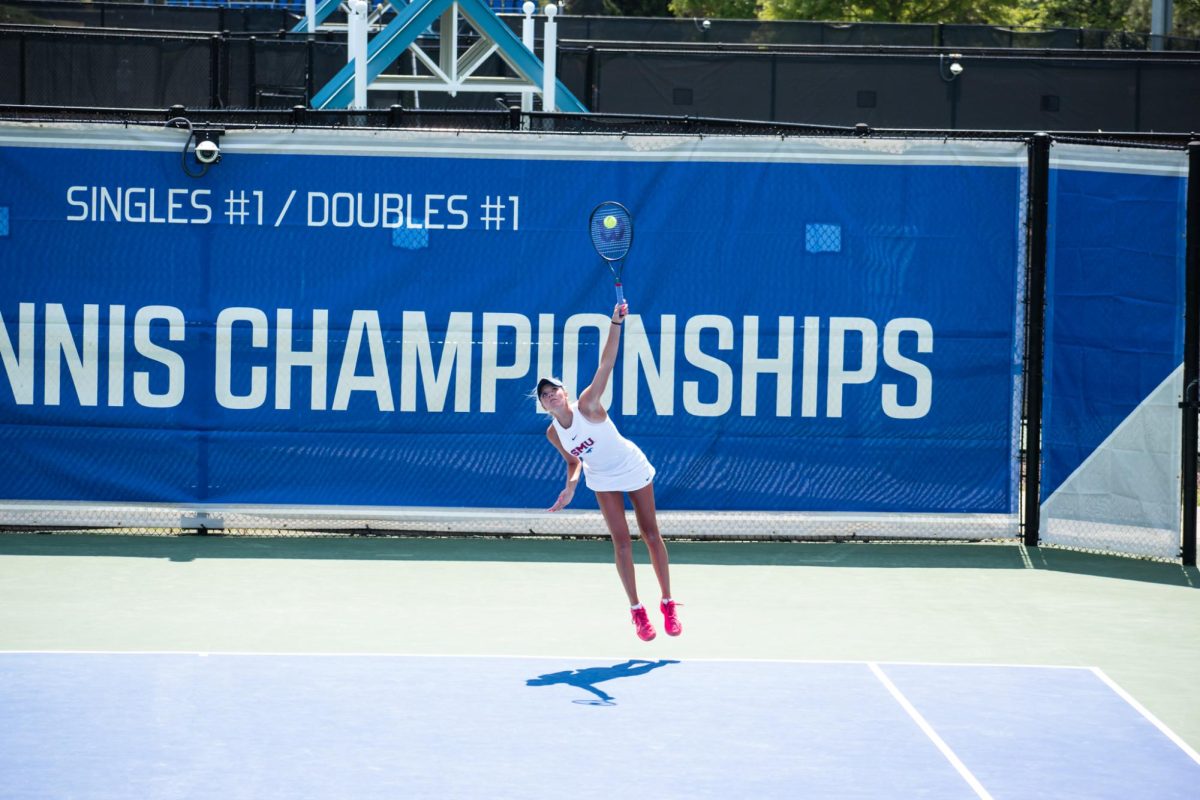The SMU football team received significant attention in early July as media outlets revealed that SMU had denied the admission of two athletes. With the attention came comments from alumni and other fans, worried the university was not taking correct action for the advancement of the rising team.
Brenham defensive back Jeremy Hall and offensive tackle Darryl Jackson from Lakewood, Calif. were the only two of 17 recruits who were considered by the Faculty Athletic Admissions Subcommittee at SMU.
Though this news upset various mustang fans, SMU actually admitted nearly twice as many of these special cases than they did the previous year. For the 2009-2010 academic year, the eight prospective students who were presented were accepted.
While these students may be impressive on the field, they may not be as impressive on paper, according to Thomas Tunks, associate provost and professor of music. For those students in this kind of a situation, the athletic department may choose for them to go under the review of the Faculty Athletic Admissions Subcommittee.
“The athletic department has been very good,” Tunks said. “They tend not to send over cases that they think would be denied based on their history.”
In the athletic department, if an incoming student has an SAT scorebelow 900, the equivalent on a similar entrance test, or a GPA below 2.5 in high school, his application is then reviewed by the five-person appointed committee.
The five professors then come to a decision based on their own judgments of whether the prospective student stands a reasonable chance of success at SMU.
“A coach doesn’t want to have to spend a scholarship on a student who is ineligible to play,” Tunks said.
Each member looks at trends in the prospective student’s history. For example, there may have been a family tragedy, causing a dip in the student’s GPA for a year.
Tunks believes the efforts of the committee are justified, as they are in the best interest for the prospective student’s success. He explained that for a student to be admitted without evidence of potential success, that student might not be able to succeed at SMU.
“Who would want to crush a kid like that?” he asked.
If someone is denied admission, it can be appealed to the Dean of Admission, an opportunity both Hall and Jackson chose to pursue, but didn’t succeed in.
For Hall and Jackson, a more difficult part of the news was its arrival time. The two found out in July, after passing other opportunities to sign with different schools.
Tunks believes the two students “expected to get into the university” before receiving the results of the committee.
Hall’s and Jackson’s cases were brought to the committee on June 23, according to Tunks. Before then, the members had never seen the prospective students’ material, as the athletic department was waiting for the two students’ spring grades of their senior year.
The athletic department isn’t the only area on campus to have this kind of special consideration. Similar processes exist in the performing arts, where a professor can take a prospective student’s application directly to the Admissions Committee. Tunks explained that it could even happen in a school such as the Lyle School of Engineering, though it’s more rare.
Tunks feels the process for the prospective athletic students is one that has proven to be successful in previous years, and hasn’t affected its track record with denying the two athletes’ admission.
“In a sense, we’re all trying for the same thing. We want to have winning teams, but at the same time we don’t want to put students in a position where they’re likely to fail: that would be abusing people,” he said.








